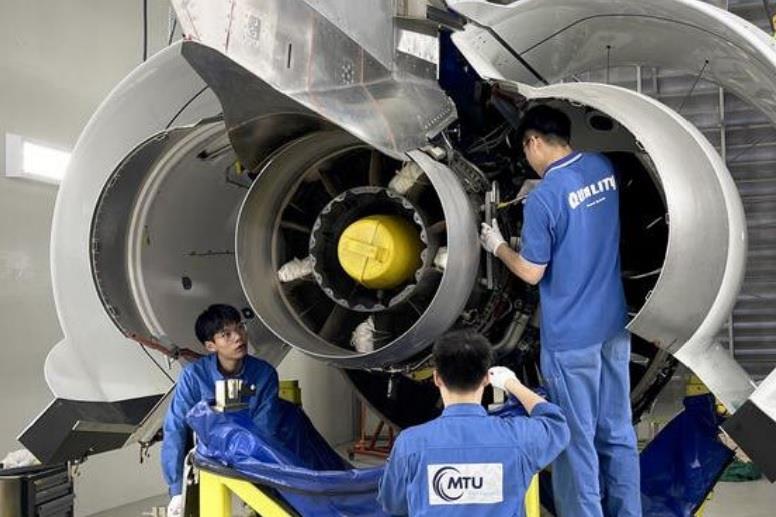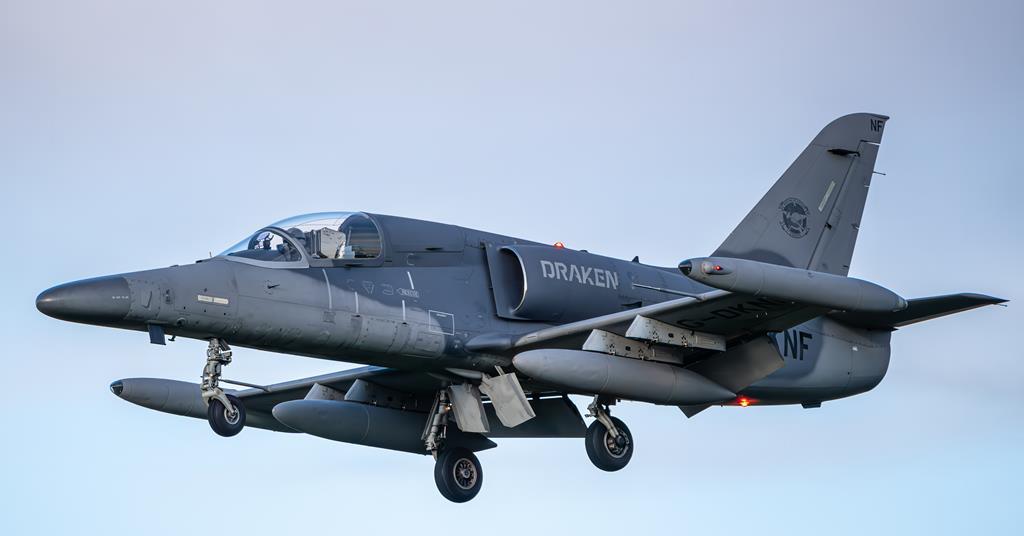Airlines face fresh uncertainty amid escalating Middle East crisis | In depth
Company
Legal Links
Contact
- +44 7947 753363
- contact@skylineairporttransfers.co.uk
- 6 Walsall Street Bilston Wolverhampton WV14 0AT
© Skyline Airport Transfers. Created by![]() Beaphoenix WebDesign ltd
Beaphoenix WebDesign ltd
Popular Locations:
Birmingham: Aston, Bournville, Edgbaston, Erdington, Great Barr, Hall Green, Handsworth, Harborne, Northfield, Quinton, Soho, Sutton Coldfield, Amblecote, Brierley Hill, Coseley, Cradley, Gornal, Halesowen, Kingswinford, Lye, Netherton, Sedgley, Stourbridge, Quarry Bank, Bearwood, Blackheath, Cradley Heath, Great Bridge, Old Hill, Rowley Regis, Smethwick, Tipton, Tividale, Wednesbury, West Bromwich, Balsall Common, Bickenhill, Castle Bromwich, Chelmsley Wood, Dorridge, Elmdon, Hampton in Arden, Kingshurst, Knowle, Marston Green, Meriden, Monkspath, Hockley Heath, Shirley, Aldridge, Birchills, Bloxwich, Brownhills, Darlaston, Leamore, Palfrey, Pelsall, Pheasey, Shelfield, Streetly, Willenhall, Bilston, Blakenhall, Bushbury, Compton, Ettingshall, Heath Town, Oxley, Penn, Tettenhall, Wednesfield, Burntwood, Lichfield, Cannock, Rugeley, KIDDERMINSTER, Brierly Hill,
STOURPORT-ON-SEVERN
Coventry: Allesley, Binley, Keresley, Stoke, Tile Hill
Leicester: Abbey Rise, Ashton Green, Aylestone, Beaumont Leys, Bede Island, Belgrave, Blackfriars, Braunstone, Braunstone Frith, Bradgate Heights, Clarendon Park, Crown Hills, Dane Hills, Evington, Evington Valley, Eyres Monsell, Frog Island, Goodwood, Hamilton, Highfields, Horston Hill, Humberstone, Humberstone Garden, Kirby Frith, Knighton, Mowmacre Hill, Netherhall, Newfoundpool, New Parks, North Evington, Northfields, Rowlatts Hill, Rowley Fields, Rushey Mead, Saffron, Southfields, South Knighton, Spinney Hills, Stocking Farm, Stoneygate, St. Matthew’s, St. Mark’s, St. Peters, Thurnby Lodge, West End, West Knighton, Western Park, Woodgate
Derby: Matlock, Ripley, Ashbourne, ILKESTON, SWADLINCOTE , BURTON-ON-TRENT, BAKEWELL,
ALFRETON, BELPER, HEANOR
Telford: Market Drayton, Newport, Shifnal, Broseley, Much Wenlock
Stoke: Stoke-on-Trent, Newcastle, Leek, Uttoxeter, Stone, Stafford
Worcester: Worcester, Droitwich, Pershore, Broadway, Evesham, Malvern, Tenbury Wells
Gloucester: Gloucester, Cheltenham, Stroud, Cirencester, Tewkesbury, Badminton, Berkeley, Blakeney, Chipping Campden, Cinderford, Coleford, Drybrook, Dursley, Dymock, Fairford, Lechlade, Longhope, LydbrookLydney, Mitcheldean, Moreton-in-Marsh, Newent, Newnham, Ruardean, Stonehouse, Tetbury, Westbury-on-Severn, Wotton-under-Edge.
Nottingham: Nottingham, Sutton-in-Ashfield, Mansfield, Newark, Southwell, Grantham, Sleaford
Leicester: Leicester, Hinckley, Loughborough, Melton Mowbray, Oakham Market, Harborough, Lutterworth, Wigston, Ashby-de-la-Zouch, Ibstock, Markfield
Oxford: Oxford, Kidlington, Chipping Norton, Thame, Wallingford, Didcot, Wantage, Abingdon, Banbury, Carterton, Woodstock, Bicester, Witney, Chinnor, Watlington
Chester: Chester, Deeside, Bagillt, Buckley, Holywell, Birkenhead, Preston, Wallasey, Wirral, Neston, Ellesmere Port, Prenton
Airports we serve:
BHX: Birmingham Airport
EMA: East Midlands Airport
LHR: London Heathrow Airport
MAN: Manchester Airport
LGW: London Gatwick Airport
LTN: London Luton Airport
SOU: Southampton Airport
BRS: Bristol Airport
LPL: Liverpool John Lennon Airport
LCY: London City Airport
STN: London Stansted Airport



Airline operations faced fresh upheaval on 23 June – with many carriers cancelling or rerouting flights – as the conflict in the Middle East escalated further.
Several Middle Eastern nations abruptly imposed airspace closures following Iran’s attack on a US military base in Qatar in response to Washington’s bombing of several key nuclear sites in Iran a day earlier. The move disrupted operations at several key Middle East hubs, including Doha and Dubai.
Qatar was the most obviously affected, temporarily closing its airspace following the attack, forcing national carrier Qatar Airways to suspend all operations late on 23 June. Media reports suggest over 20 Qatar Airways flights bound for Doha were diverted amid the brief airspace closure.
Hours later, the Oneworld carrier, whose operations account for the bulk of passenger traffic at Doha’s Hamad International airport, confirmed it was reinstating flights as Qatar reopened its airspace.
“As operations resume, we anticipate significant delays to our flight schedule,” the carrier adds.
In Dubai, the main operator Emirates confirmed on 23 June that “a number of” its flights were rerouted, but that there were no diversions.
“After a thorough and careful risk assessment, Emirates will continue to operate flights as scheduled, using flight aths well distanced from conflict areas,” the carrier states.
Compatriot Etihad Airways, meanwhile, cancelled several flights to other Middle East nations, including to Saudi Arabia and Kuwait, citing “disruption” to its services.
The Abu Dhabi-based carrier says: “This remains a highly dynamic situation, and further changes or disruption may occur at short notice.”
Airlines outside of the Middle East were also increasingly impacted by the ongoing crisis, which has already led to airlines rerouting their flights away from Iranian airspace since 13 June, when Israel began strikes on Iran.
Air India said it would be suspending all flights to the Middle East, Europe, and the east coast of North America until further notice.
“Our India-bound flights from North America are diverting back to their respective origins and others are being diverted back to India or re-routed away from the closed airspace,” the airline states.
IndiGo suspended its flights to several Middle East cities until early 24 June, while SpiceJet warned of possible cancellations over the next few days.
Elsewhere in Asia, Singapore Airlines said it would be cancelling flights between Singapore and Dubai through 24 June over security concerns.
Qantas, which operates nonstop flights between Perth and Europe, diverted two such flights – Perth-London and Perth-Paris – on 23 June, following the closure of Qatari airspace. The former diverted to Singapore, while Qantas’ flights to Paris were turned back to Perth.
The Australian carrier says it expects some of its European flights to operate “as planned” on 24 June. These include flights from Sydney to London (via Singapore), and Perth-Rome and Perth-London.
In Europe, carriers like Iberia, Finnair and the Air France-KLM Group suspended operations to either Doha or Dubai, or both, also citing security concerns.
The growing crisis in the Middle East adds to growing operating uncertainty for airlines – particularly those with flights between Europe and Asia.
With Russian and Ukrainian airspace already closed for more than three years amid an ongoing war, airlines have had to reroute via the Middle East. However, the available flight paths are increasingly narrowing, amid the growing conflict in recent months
Source link
Share This:
skylinesmecher
Plan the perfect NYC Memorial Day weekend
Pack only what you need and avoid overpacking to streamline the check-in and security screening…
LA’s worst traffic areas and how to avoid them
Consider using alternative routes, such as Sepulveda Boulevard, which runs parallel to the 405 in…
GTF shop visits continue to drive commercial maintenance revenues at MTU
MTU Aero Engines is expecting continuing strong demand for powerplant maintenance, with the persisting Pratt…
Draken boosts UK ‘Red Air’ service delivery with L-159E after completing first depot-level inspection
Adversary training specialist Draken has completed a first depot-level inspection on one of the Aero…
Rolls-Royce lifts Trent engine durability-improvement target
Rolls-Royce has hiked the durability improvement target for its Trent engine time-on-wing programme, raising the…
Strong aftermarket drives up Rolls-Royce aerospace profits despite dip in engine deliveries
While supply-chain issues dragged engine deliveries down last year, Rolls-Royce’s financial performance in civil aerospace…
Airbus plots European-developed version of autonomous H145M helicopter
Airbus Helicopters is actively pursuing a domestically-developed autonomous uncrewed version of its H145M light-twin for…
Canada’s first Pilatus PC-21 Siskin II trainer enters flight-testing in Switzerland
Pilatus has completed the first flight of a PC-21 trainer produced for the Royal Canadian…
French navy receives final upgraded ATL-2 maritime patrol aircraft
France has completed a major upgrade to its navy-operated fleet of Dassault-Breguet ATL-2 maritime patrol…
BK 160 crashed into lake during upset-recovery training but cause remains elusive
Dutch investigators have been unable to determine conclusively why a Blackshape BK 160 descended rapidly…
Ex-GTLK Europe 777-300ERs sold for engine and spares recovery
Joint liquidators of the Russian-linked leasing firm GTLK Europe have sold three Boeing 777-300ERs to…
BAE Systems expands UAS technology pact with US partner Survice Engineering
BAE Systems’ FalconWorks unit is to expand its collaboration with US partner Survice Engineering, after…